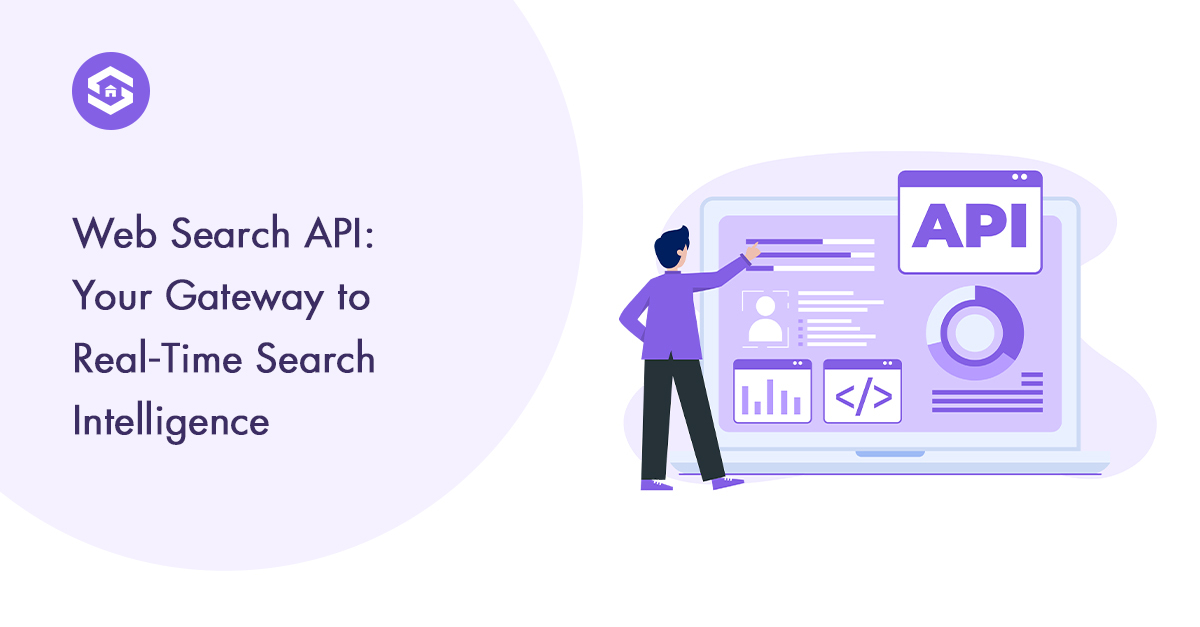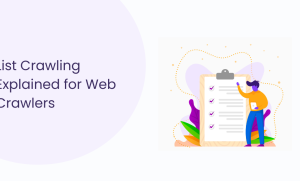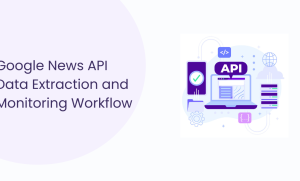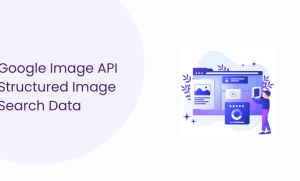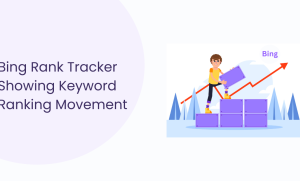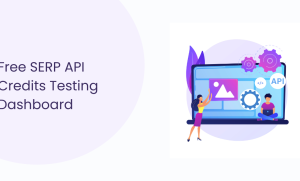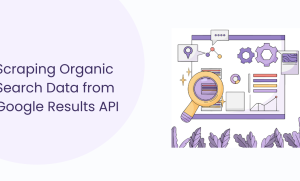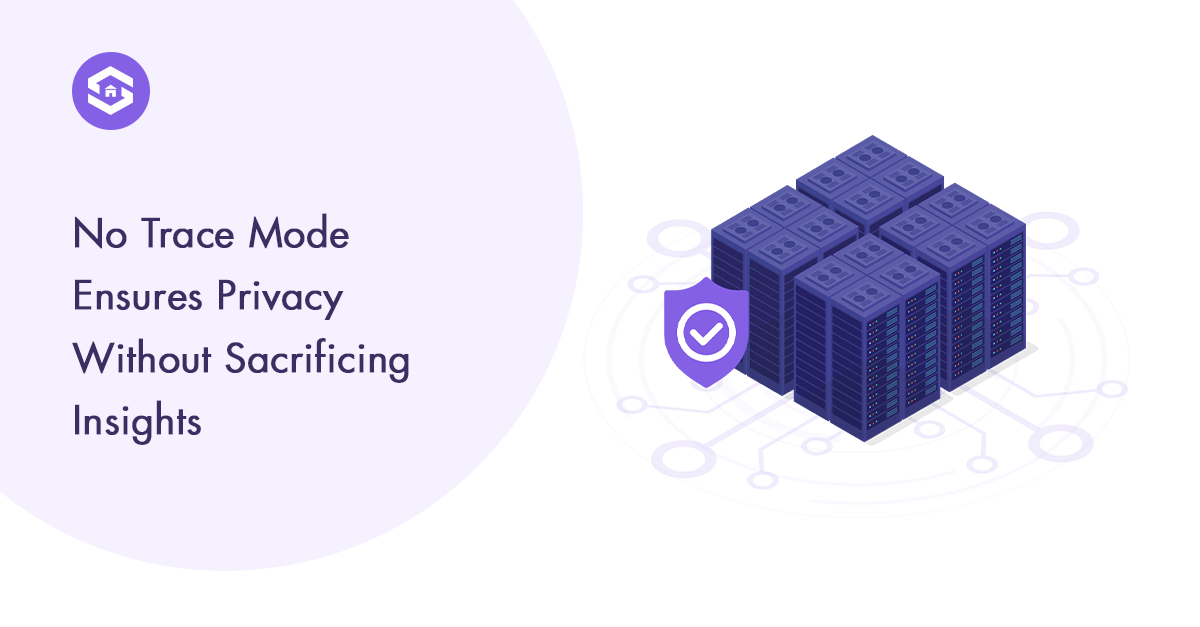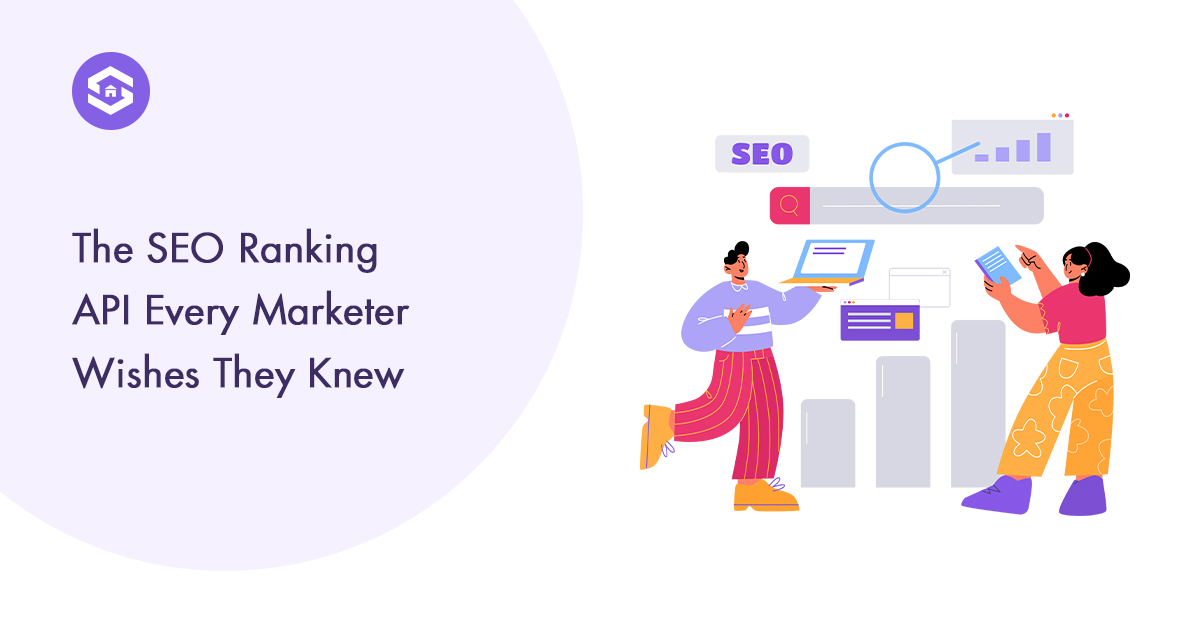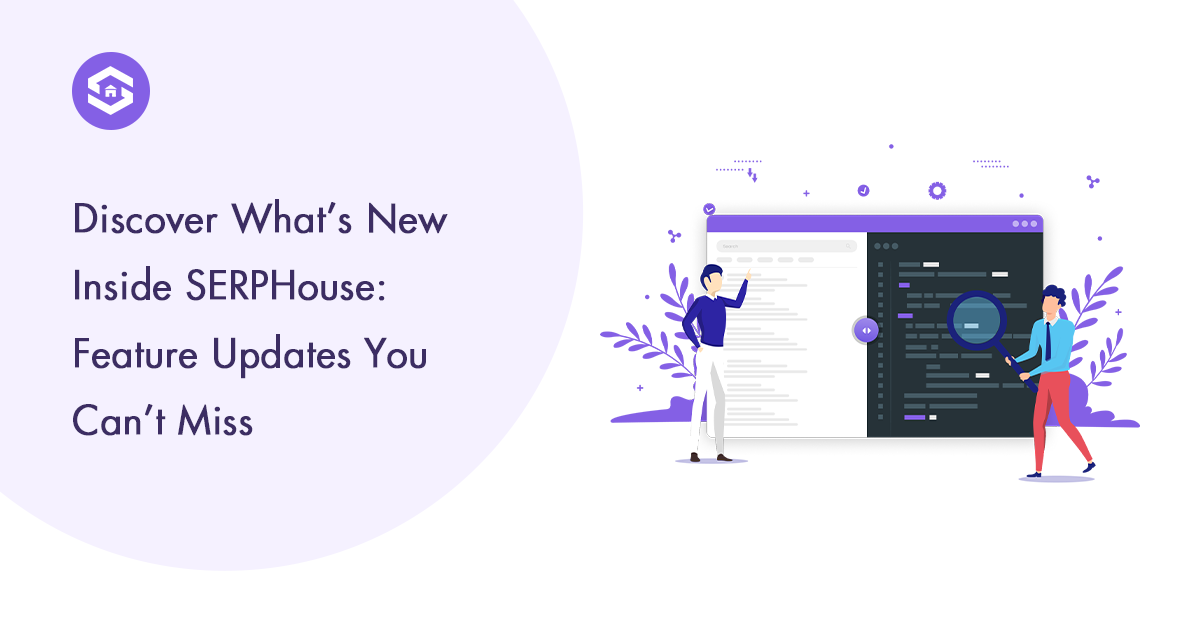Table of Contents
Table of Contents
When someone searches online, they don’t just need any answer — they want the right answer, right now. That should suggest the trendy product availability, a breaking news update, or live marketplace data. If your search tool suggests results that might be even some hours old, you risk losing user trust and relevance. A Web Search API is the bridge between your utility and the world’s search engines, like Google. Instead of waiting for pages to be re-indexed or relying on outdated information, it connects instantly to assets like Google, Bing, and Yahoo to deliver fresh, accurate search results in real-time.
Think of it as your platform’s direct line to the internet’s pulse. Every time a person types a question, the API instantly fetches the most recent and most relevant results— so your platform continually feels current, speedy, and trustworthy.
In this article, we’ll explore how using a multi-source Web Search API (like the one from SERPHouse) can help you:
- Deliver results that match the user’s exact search intent.
- Avoid “stale” or irrelevant results that frustrate users.
- Gain a competitive edge with real-time, multi-engine data.
By the end, you’ll know exactly how real-time search works, why it’s critical for business success, and how SERPHouse makes it easier than ever to implement.
Understanding the Role of a Web Search API
Search has advanced a long way beyond the easy act of typing keywords right into a browser. Today, the most valuable digital products from AI assistants to e-commerce platforms — rely on live, established search data to make decisions, customise stories, and deliver answers in milliseconds.
A Web Search API is the bridge that makes this possible. Instead of manually visiting serps and extracting results, a Web Search API permits your utility to programmatically access real-time, structured SERP data without delay from sources like Google, Bing, and Yahoo. This isn’t just about retrieving links — it’s about gaining access to rich metadata, featured snippets, knowledge panels, images, news results, and different SERP features that may be integrated into your own systems.
The role of a Web Search API in 2025 is more strategic than ever:
- Real-Time Decision-Making: Markets, product availability, and information can change within minutes. APIs ensure you’re working with the most up-to-date data at any given moment.
- Multi-Source Verification: By aggregating results from multiple engines, you can cross-check accuracy and reduce the risk of bias or incomplete information.
- Contextual Relevance: With SERP data delivered in structured formats like JSON, developers can filter, sort, and display only the results most relevant to the user’s query or intent.
- Scalable Integration: Whether powering an AI chatbot, a research dashboard, or an SEO analytics tool, Web Search APIs allow for consistent performance even at high query volumes.
Simply put, the Web Search API is now not a “supporting tool” — it’s a core infrastructure thing for any product or platform that depends upon accurate, relevant, and timely search data. Without it, agencies danger of handing over outdated results, dropping user trust, and falling behind the back of competition that has already embraced real-time search integration.
Accessing Google, Bing, and Yahoo Data with SERPHouse
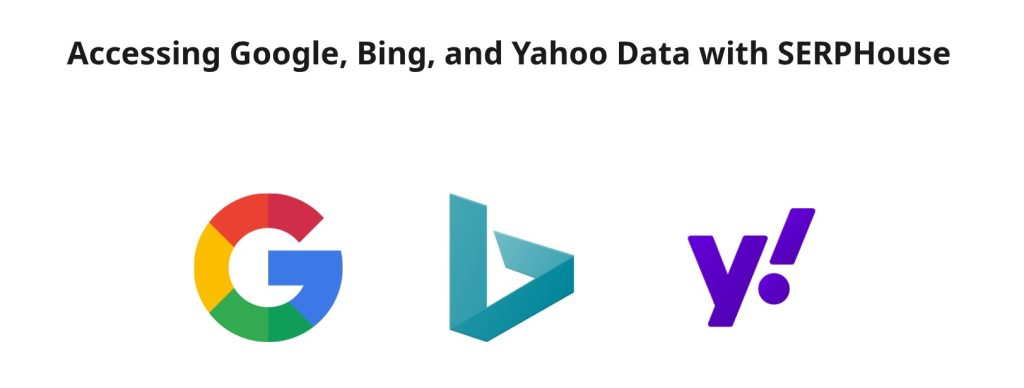
Different search engines give different views of the web. Google leads with the most important share of searches worldwide. Bing is closely tied to Microsoft products and is gaining importance as AI-powered search grows. Yahoo won’t be as dominant as earlier, however, it still has millions of active users, specially in finance, news, and media. Looking at the best, this kind of engine way, you’re only seeing part of the picture.
SERPHouse solves this problem by giving businesses access to Google, Bing, and Yahoo data through one Web Search API. Instead of setting up three separate connections or working with incomplete data, you can get everything in one place — updated in real time, structured, and ready to use.
Google data shows how you rank in the world’s most competitive search environment. Bing data helps you reach users in Microsoft’s ecosystem, from Windows to AI assistants. Yahoo data adds an extra layer of visibility, especially for industries where its audience remains active and loyal. Together, these sources make search insights more reliable and complete.
With SERPHouse, this combined data isn’t just numbers on a page. It becomes a tool for smarter decisions — whether that means tracking your keywords across multiple engines, understanding how your brand appears in different markets, or giving your customers the freshest and most relevant search results. By uniting three major engines under one API, SERPHouse makes search intelligence simple, accurate, and business-ready.
Real-Time Data Delivery: How It Works
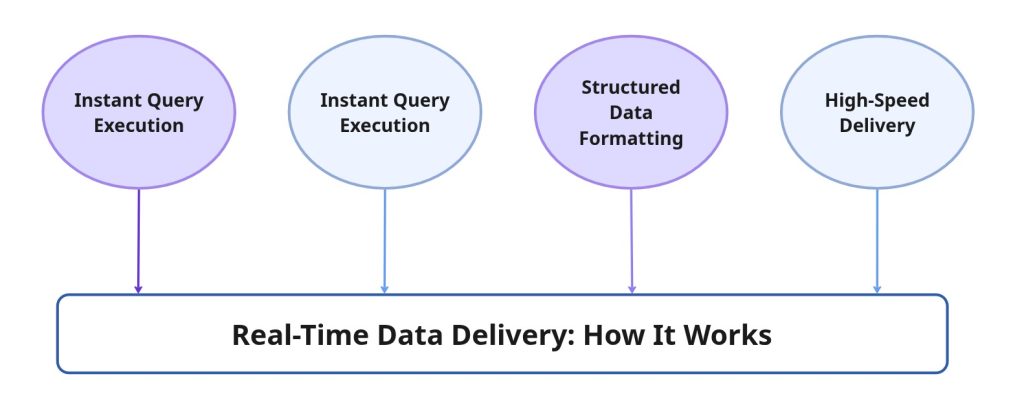
Real-time data supply is the primary function that enables a Web Search API to maintain accuracy and relevance at scale. By evaluating each query towards live search engine results rather than stored or cached data, the API ensures that every go back carries the most up-to-date information available. This capability is essential for use in situations where even small delays may have an effect on decision-making, competitive tracking, or user satisfaction. A Web Search API with real-time capabilities, such as SERPHouse, achieves this through a carefully designed, low-latency process:
1. Instant Query Execution
When a request is made, the API sends it at once to the chosen search engine — Google, Bing, or Yahoo — without counting on outdated caches. Each query triggers a clean search, making sure the data reflects the modern state of the web.
2. Complete SERP Retrieval
The API retrieves the entire Search Engine Results Page (SERP), including:
- Organic results
- Paid advertisements
- Featured snippets
- Local pack results
- News cards and other SERP features
This approach guarantees a full picture rather than partial or pre-filtered data.
3. Structured Data Formatting
Raw SERP data is parsed into a clean, developer-ready JSON format, with details such as:
- Ranking position
- Page title & URL
- Snippet text
- SERP feature type
- Timestamp of retrieval
Structured formatting enables seamless integration into dashboards, analytics tools, AI applications, or SEO platforms, making the process fast and reliable.
4. High-Speed Delivery
With optimized request handling, SERPHouse consistently delivers results in near real time, often within milliseconds — even at scale. This ensures your systems can respond instantly to live conditions without sacrificing accuracy. Real-time delivery transforms static data into immediately actionable intelligence. Whether you’re tracking keyword rankings, monitoring competitor changes, or powering AI-driven search tools, SERPHouse ensures your data is both current and truthful.
Integration Scenarios for Businesses & Developers
Search data becomes truly powerful only when it is built into real business processes. A Web Search API like SERPHouse isn’t just about fetching results — it’s about making those results part of everyday decisions.
Take a business that sells products online. Prices, stock, and promotions change by the hour. If their system waits for weekly updates, they will always be behind. But by integrating SERPHouse, their software can pull in the latest data directly from Google, Bing, or Yahoo and adjust pricing or send alerts immediately. That means the business reacts faster than its competition.
For developers, the value looks a little different. Instead of wasting time fixing scrapers or handling blocked requests, they get ready-to-use structured data. That saves hours of work and lets them focus on creating tools that matter — whether that’s SEO dashboards, custom analytics, or even AI-driven apps. Integration also opens up new possibilities across industries:
- Marketing teams can deliver daily SEO reports with real-time visibility.
- SaaS startups can add premium insights to their platforms without building a data engine from scratch.
- Enterprises can connect live search data to BI dashboards so leaders see what’s happening in the market alongside sales and revenue data.
The best part is that integration doesn’t feel like extra work. Once it’s in place, the API runs quietly in the background, feeding data into systems that teams already use. Instead of spending time chasing information, they act on it immediately.
Practical Examples: SEO, AI, and Research Applications
Search data on its own is just noise — but when connected with the right use case, it becomes strategy. That’s where APIs show their real power. Here’s how three very different worlds put them to work.
SEO: Turning Rankings into Decisions
Instead of waiting for daily or weekly updates, SEO teams plug into real-time search data to know the moment a keyword shifts. For agencies, this isn’t about “tracking” — it’s about proving ROI faster. Imagine showing a client how yesterday’s content tweak already moved a ranking today. That’s a conversation that wins contracts.
AI: Feeding Models Fresh Data
AI tools are only as right as the information behind them. Connect them to a stay Web Search API, and unexpectedly chatbots, recommendation engines, and predictive tools prevent guessing and start responding with accuracy. Companies building AI-driven products can’t afford stale inputs — relevance is the competitive edge.
Research: Insights That Don’t Age Overnight
Markets, trends, and user behaviors shift by the hour. For analysts or academic researchers, manually collecting search results is not only slow but also outdated by the time the report is published. Automated access to Google, Bing, or Yahoo data ensures their insights actually reflect what’s happening right now, not last month.
Business Benefits of Using a Web Search API
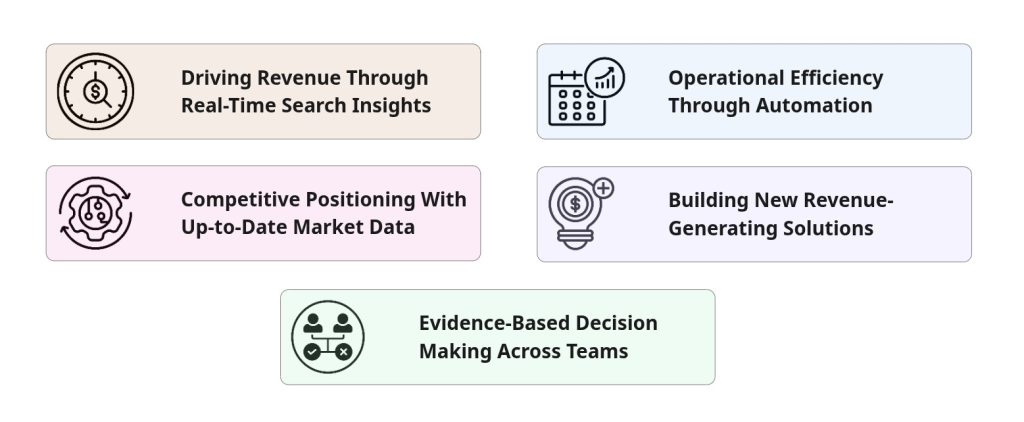
For many businesses, search engines are no longer just about visibility — they’ve become a direct source of intelligence. A Web Search API doesn’t just save time; it rewires how organizations make decisions, build products, and compete in fast-moving markets.
Driving Revenue Through Real-Time Search Insights
Most businesses still see search data as “SEO reports” or keyword lists. But when accessed through a Web Search API, it becomes something else: a real-time signal of what customers want right now. For e-commerce brands, this can translate into immediate product adjustments. For SaaS companies, it means shaping landing pages and features around what people are actively searching for. The result? Search isn’t just traffic — it’s revenue alignment.
Operational Efficiency Through Automation
Manual monitoring of search results is not only slow, but it also caps growth. With APIs, businesses update repetitive monitoring with automated intelligence that scales globally. A single API integration can pull data from thousands of queries throughout multiple markets, something no team of interns or analysts could ever achieve in the same timeframe. This frees human skills for strategy, now not grunt work.
Competitive Positioning With Up-to-Date Market Data
Competition doesn’t wait. If you’re checking competitor rankings or ad placements weekly, you’re already behind. With a Web Search API, businesses can watch competitor shifts in near real time — whether it’s a new campaign launch, a change in messaging, or a sudden boost in their visibility. Staying ahead becomes less about reacting and more about anticipating moves.
Building New Revenue-Generating Solutions
Some of the most innovative businesses are using Web Search APIs not just for internal insights, but as a foundation for customer-facing products. Think comparison engines, market trackers, or research dashboards that pull live search data directly into apps. Instead of just consuming insights, these companies sell insights, creating entirely new revenue streams.
Evidence-Based Decision Making Across Teams
Ultimately, the most significant advantage is clarity. Businesses may stop guessing what works and start relying on reliable, up-to-date search intelligence. Whether adjusting ad spend, refining content strategies, or entering a new market, decisions are increasingly based on evidence rather than intuition.
Conclusion
Using a Web Search API isn’t just about getting search results quicker — it’s about turning search data into something useful to your business. It allows you to see what people are looking for right now, so that you can make smarter decisions, serve your clients better, and stay ahead of competitors.
For developers, it way having the tools to build apps and platforms that can always be updated with the modern-day information. For businesses, it means finding new opportunities, reacting quickly to market changes, and building strategies based on real information in preference to guesswork.
In easy words, a Web Search API offers you clarity, velocity, and confidence in a digital world where timing and facts decide who grows and who falls in the back of. Choosing the right solution, like SERPHouse, could make that difference.

